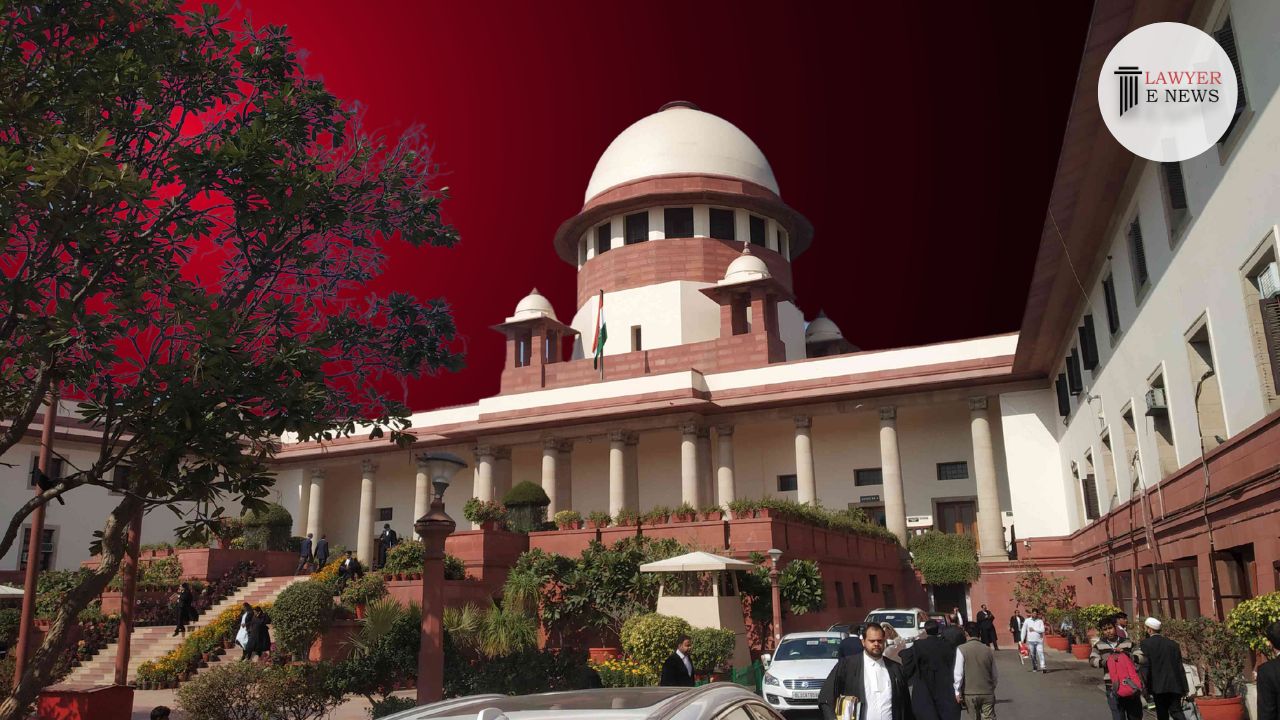-
by Admin
15 February 2026 2:36 AM



On this Monday , Supreme Court laid down following circumstances (Aparna Ajinkya Firodia Vs Ajinkya Arun Firodia D.D. 20 Feb 2023) in case titled under which a DNA test of a minor child may be directed: -
The respondent-husband filed an application in a divorce case for a direction to conduct a DNA test on Master Arjun, his second child with the appellant-wife, to ascertain paternity. The appellant-wife filed an affidavit in reply opposing the application, but the Family Court allowed it. The summary lists the arguments made by the respondent-husband in support of the application, including evidence of the wife's adultery, and his contention that DNA testing was necessary to establish infidelity as a ground for divorce. The Family Court, Pune allowed the application, and the High Court confirmed it in the impugned judgment. The appellant-wife filed a special leave petition in the Supreme Court against this judgment.
Appellant-wife contended that the High Court erred in upholding the direction, as the respondent-husband had failed to satisfy the test of "eminent need" as laid down by the Supreme Court in Goutam Kundu vs. State of West Bengal. Also contended that the direction for conducting a DNA test would be contrary to the interests of the child, as it could have major societal repercussions on the innocent child. The respondent had failed to establish any case demonstrating non-access at the relevant time, so as to dislodge the presumption under Section 112 of the Evidence Act.
Respondent-husband contended that the High Court's judgment and the Family Court's order were based on a proper appreciation of the facts and the law, and therefore, should not be interfered with. Also asserted that the appeal was an abuse of process and was filed to conceal the appellant's adulterous conduct under the guise of the child's welfare. Husband argued that any evidence to bring out the truth in a matrimonial proceeding must be allowed to arrive at a just and proper judgment. The DNA test the most material piece of evidence to establish the allegations of adultery, and its reluctance and hesitation by the appellant corroborated the allegations against her and prayed for the appeal to be dismissed.
Supreme Court observed that the law establishes a "conclusive proof" of legitimacy of the child unless it is shown that the husband and wife did not or could not have had access to each other at any time when the child could have been conceived. The principle underlying the law is to prevent unwarranted inquiries into the paternity of the child whose parents had access to each other, and that the presumption of legitimacy can only be rebutted by strong, clear and conclusive evidence to the contrary.
Supreme Court further observed that "access" or "non-access" does not necessarily mean actual cohabitation but refers to the "existence" or "non-existence" of opportunities for sexual relationship. "conclusive proof" means that proof of one fact would automatically render the other fact as proved unless evidence is led to disprove it, and that the operation of the conclusive presumption can be avoided by proving non-access at the relevant time.
The Supreme Court did not find favour with the approach suggested by the Respondent husband to prove adultery through a DNA test for the following reasons:
Supreme Court allowed the appeal by which the impugned judgment of the High Court and the order of the Family Court are set aside. And also imposed the cost of Rs.1 Lakh payable to the appellant Wife.
Aparna Ajinkya Firodia Vs Ajinkya Arun Firodia
